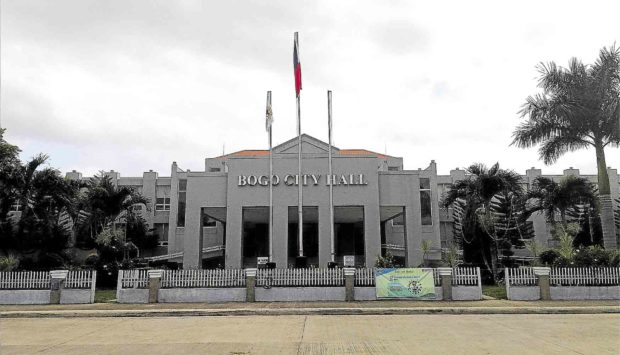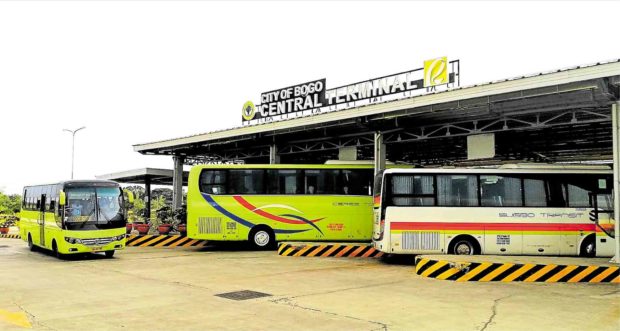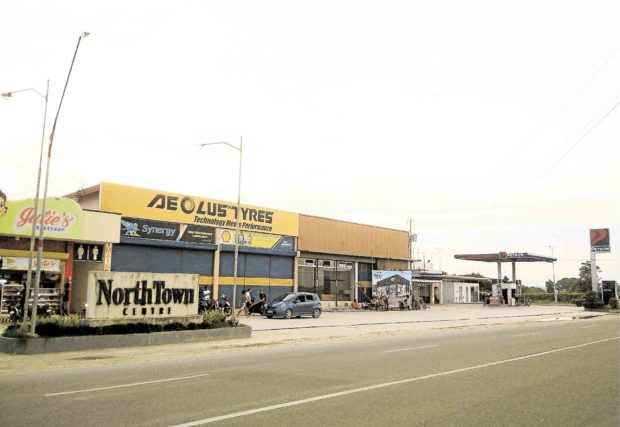Bogo City: Cebu’s northern growth center
This northern urban center in Cebu province is like the proverbial Cinderella or rags-to-riches story among the cities in the Philippines.
After being proclaimed a city in 2007, it went through a “laban o bawi” type of rollercoaster judicial struggle as its cityhood was recalled twice, until the Supreme Court decided with finality in 2012.
Just as it was starting with a fresh chapter in governance, it got whipped by Supertyphoon Yolanda in late 2013, dealing it a serious blow to the economy and infrastructure, seriously damaging its spanking new city hall.
But like the typical resilient Filipino, the people of Bogo joined hands to rebuild from the rubble of the storm and move forward to the goals they have set before the storm rudely interrupted their plans. Years later, the city is a bustling urban center with a promising future in property development, information technology, agribusiness and commerce.
A two-hour drive from Cebu City, Bogo is a growing urban hub and agricultural powerhouse with a projected locally-generated income of P90 million this year, on top of the P380 million internal revenue allotment from national coffers.
Article continues after this advertisementDubbed “The Investment Destination of the North,” Bogo is a fourth-class component city with some 84,000 residents and a much bigger daytime population. This claim is by no means a self-styled declaration as the National Economic and Development Authority (Neda) and the Department of Information and Communications Technology (DICT) themselves have designated it as the “ICT hub of northern Cebu” in 2017.
Article continues after this advertisementAccording to Mayor Carlo Jose Martinez, they are taking this designation by putting in place the necessary physical and information technology infrastructure as well as fiber optic networks to improve connectivity. He said that in line with this vision, the city plans to put up a training facility to prepare the residents for the entry of major IT players.
He noted that Bogo was recently awarded the Blue Certificate by the Office of the Ombudsman for Ease of Doing Business and ranked 91st overall by the Department of Trade and Industry in its annual Competitive Cities and Municipalities Index in 2018.
Martinez added that plans are afoot for the expansion of the Polambato Wharf which connects northern Cebu to vital ports in Samar, Leyte, Masbate and Manila via the Nautical Highway. The project will entail the dredging of the bay and adding of more docks to accommodate bigger vessels, mostly cargo and vehicles in transit to other parts of the Visayas and Mindanao.
The planned development, which will be done in phases, include a fishport and a marina yacht club to promote recreational activities on the waterfront.
Taking stock of its potentials, the city commissioned Arch. Paulo Alcazaren’s urban planning company to help frame its Comprehensive Land Use Plan (CLUP) which has classified its 10,014-hectare land area for specific purposes.
Earlier in 2011, Bogo started building its new government center in the city’s outskirts which will be the core of the central business district. Today, the area fetches a price of P5,500 per sqm, while the old crowded poblacion commands a hefty P16,000 per sqm.
The city has 13 commercial banks, four popular fastfood franchises, and a Cebu-based mid-sized mall as proofs of its growing local economy.
On the housing front, Bogo is emerging as a preferred residential area in the north with the entry of both national and local players who are constructing house and lot subdivisions for the emerging middle class.
There are more than 20 pending applications for low-cost housing projects in anticipation of migration when the planned developments kick in.
A retail giant will be putting up a mall here too and is set to break ground next year at a 10-hectare prime location to cater to the northern towns of the province. This early, it has entered into a partnership with the city government with the construction of an adjacent modern integrated public transport terminal with 14 loading bays for buses. This mall chain is also expected to bring in its partner firm in business process outsourcing which can provide at least 1,500 new jobs.
Due to the ongoing construction boom, Home Builders is putting up a 10-hectare outlet in 2020, and similar suppliers are expected to follow suit. The new retail stores will act as supply and service centers for the beach towns San Remigio, Bantayan, Medellin and Daanbantayan, whose transport pass through the city.
With these developments, Bogo’s narrative may indeed be the Cinderella story among cities—a fairy tale that became a reality.


